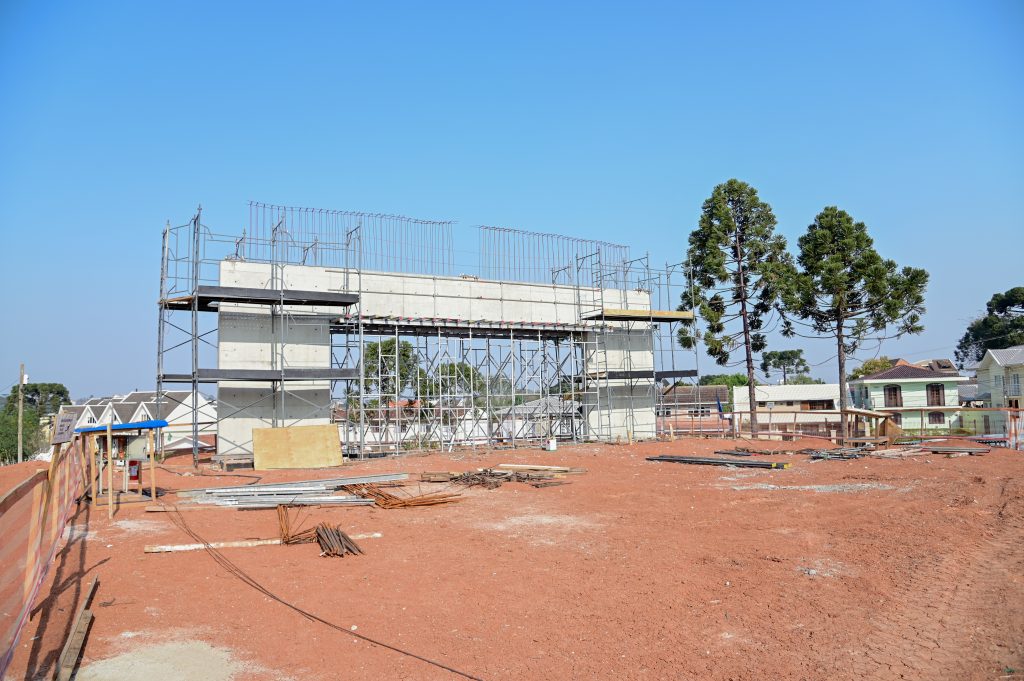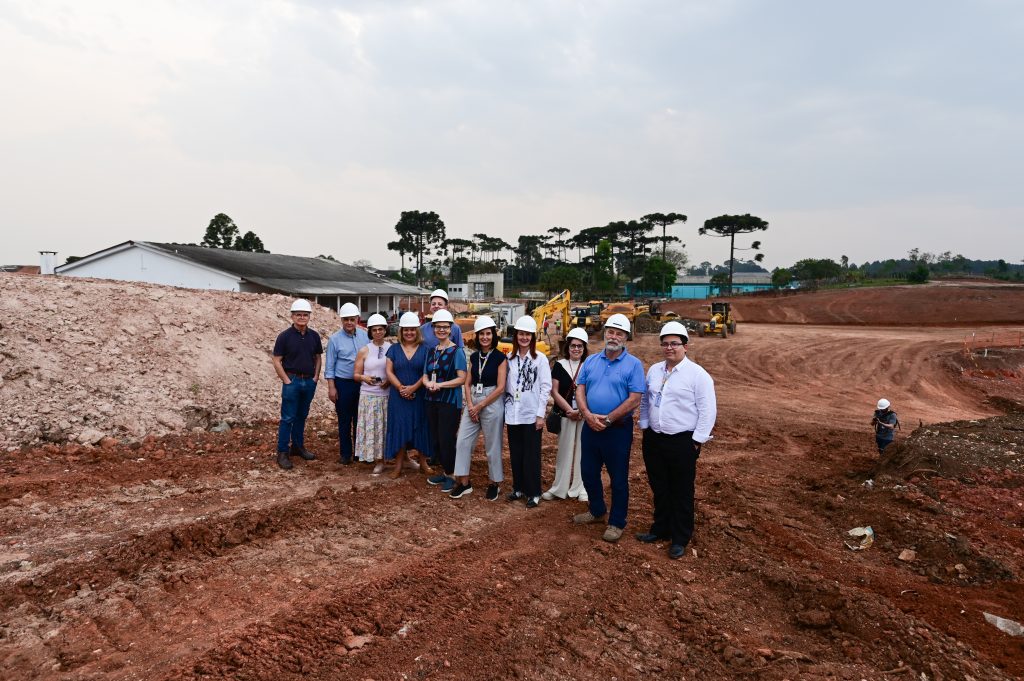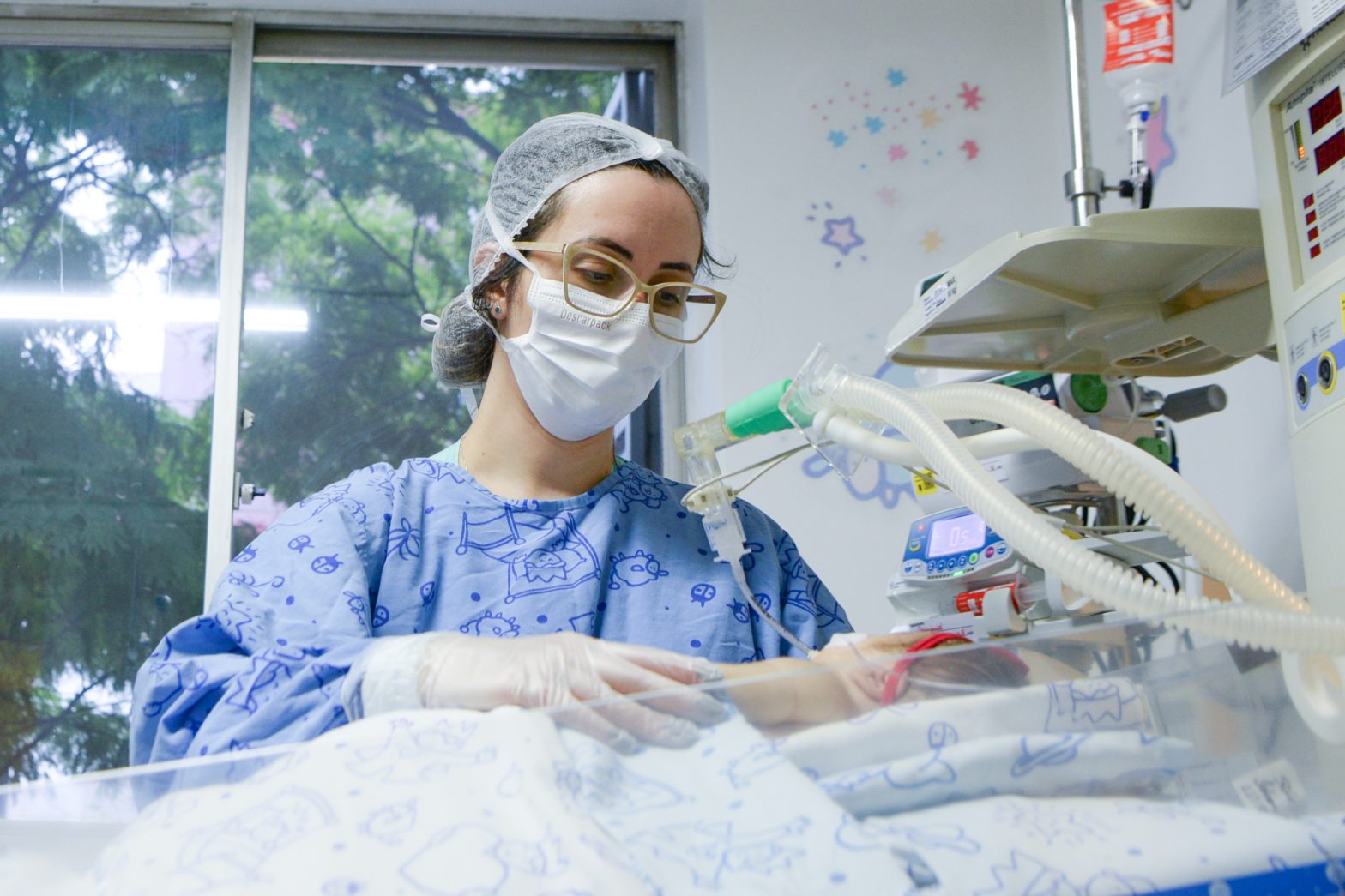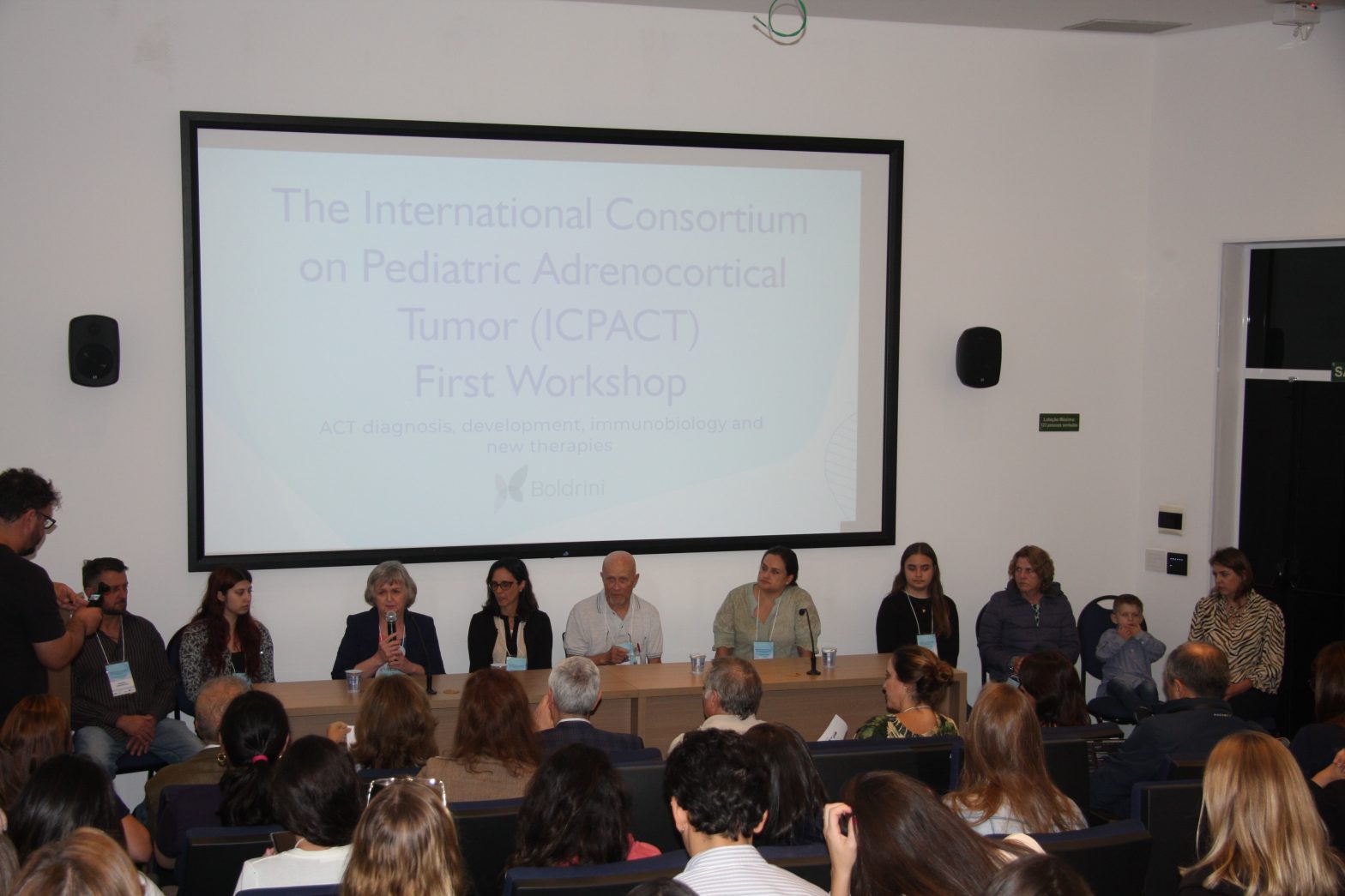Pequeno Príncipe North: Our commitment to innovation in healthcare, teaching, and research for a future of health and life
Infrastructure works marked the first year of construction of the project that foresees the building of two hospitals, the headquarters of Pequeno Príncipe College and the Pelé Pequeno Príncipe Research Institute, a cultural center, and a botanical garden
The Pequeno Príncipe’s dream of expanding the services and care offered to children in Brazil began to take shape this year in the Bacacheri neighborhood of Curitiba (state of Paraná), with the construction of Pequeno Príncipe North. This first phase involves infrastructure. The works began in March, and month by month the land has been changing, revealing stages that reflect much more than physical structures: Each step is a commitment to democratizing access to excellent and humanized healthcare, training new professionals, and seeking scientific advances. All of this with profound respect for nature, applying practices that guarantee safety and environmental sustainability in the implementation of the project.
The first year of work has brought important advances: Earthmoving, macro-drainage, cisterns, demolitions, and the power plant are in the final phase. The main guardhouse, which organizes the flow of vehicles and pedestrians, is also now up and running.

The next phase will be the implementation of support areas for the day-hospital, with an investment of US$ 3,160,877.02 from Itaipu Binacional, and the construction of the day-hospital building, which will receive funding from the Paraná State Government, the Paraná State Legislative Assembly, and the state’s federal government, totaling US$ 11,4 million. The new hospital will be a modern facility with thirty-six beds, six operating rooms, twelve infusion therapy beds, and outpatient clinics. The goal is to expand the capacity for elective surgeries for children and adolescents, freeing up the actual structure of Pequeno Príncipe for more complex procedures.
Construction work on the day-hospital will begin in the first half of 2025.
Respect for the environment
Since its initial planning, Pequeno Príncipe North has been committed to preserving the environment. Exotic trees have been removed to protect the local ecosystem, while native species are being replanted, giving life to a preserved and biologically enriched forest. In the future, a botanical garden will be established in the Pequeno Príncipe North area, designed by landscape architect Burle Marx’s office, to be made available to the community, thus contributing to strengthening the culture of caring for the environment.

Innovative solutions at construction sites reinforce this sustainable philosophy. Machines crush demolition waste to transform it into temporary paving, reducing environmental impact and promoting the reuse of resources. Earthmoving is restricted to the site, during business hours, minimizing the natural discomfort that a large construction project generates in the neighborhood.
Exceptional care has been taken in all these phases to establish closeness and ongoing communication with the surrounding community. With meetings, home visits, distribution of information leaflets, and the opening of a communication channel using WhatsApp message app, the institution seeks to maintain the well-being of everyone directly and indirectly involved in the implementation of this grand project.
For the Pequeno Príncipe, taking care of children’s health also means protecting the environment where they will grow up, putting into practice One Health concept.
More
Patient-centered care strategies reduced mortality from complicated pneumonia at Pequeno Príncipe
Brazil’s largest and most complete pediatric hospital also records a sepsis fatality rate of 6%, significantly lower than the Brazilian average
Workshop brought together experts and families in the fight against rare pediatric tumor
Adrenocortical cancer has an extremely high incidence in Paraná and Santa Catarina states








